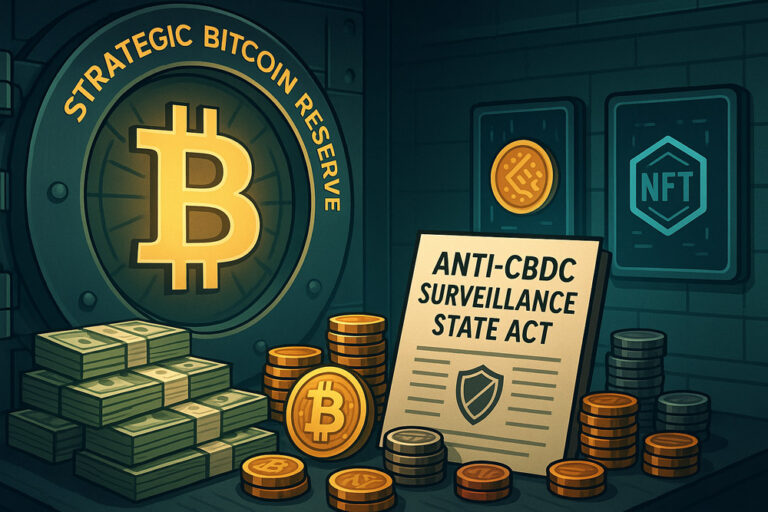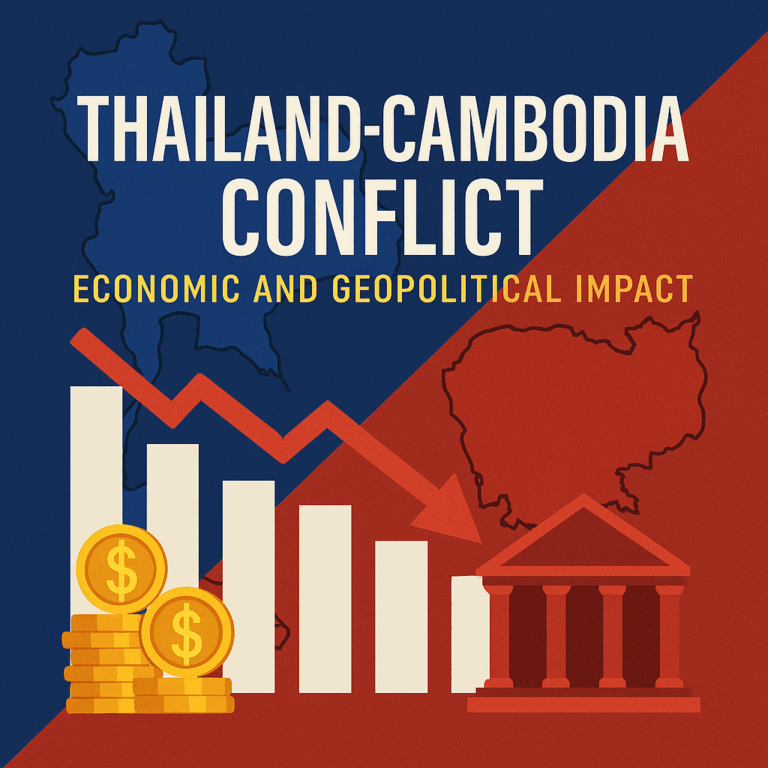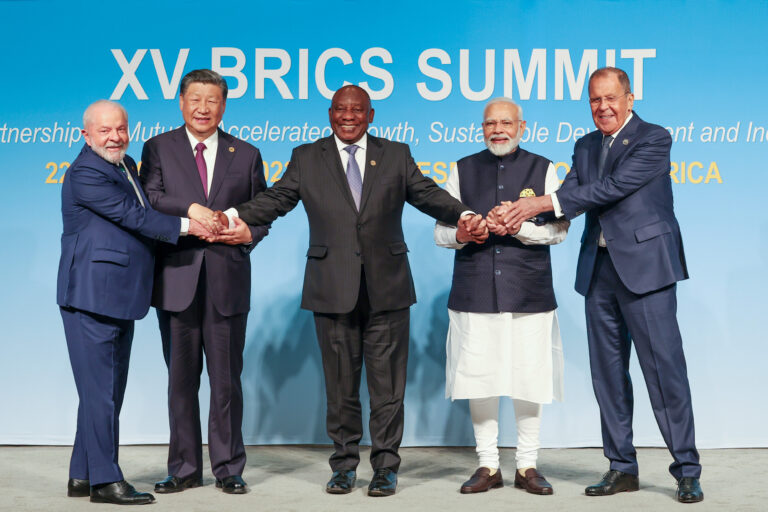Are DEI Rollbacks the Beginning of the End for Big Brands?
Across corporate America, Diversity, Equity, and Inclusion (DEI) initiatives are under fire. Major players like Amazon, Meta, McDonald’s, and Walmart have rolled back DEI programs in response to political pressure, lawsuits, and shifting cultural winds. But as the case of Target shows, the decision to retreat from DEI may carry far greater costs than anticipated. Target’s DEI Retreat: A Case Study in Backlash Target was once considered a leader in inclusive business practices, with a $2 billion REACH initiative and strong supplier diversity programs. But in 2025, the retailer ended many of these efforts, rebranded others, and stepped away from…




